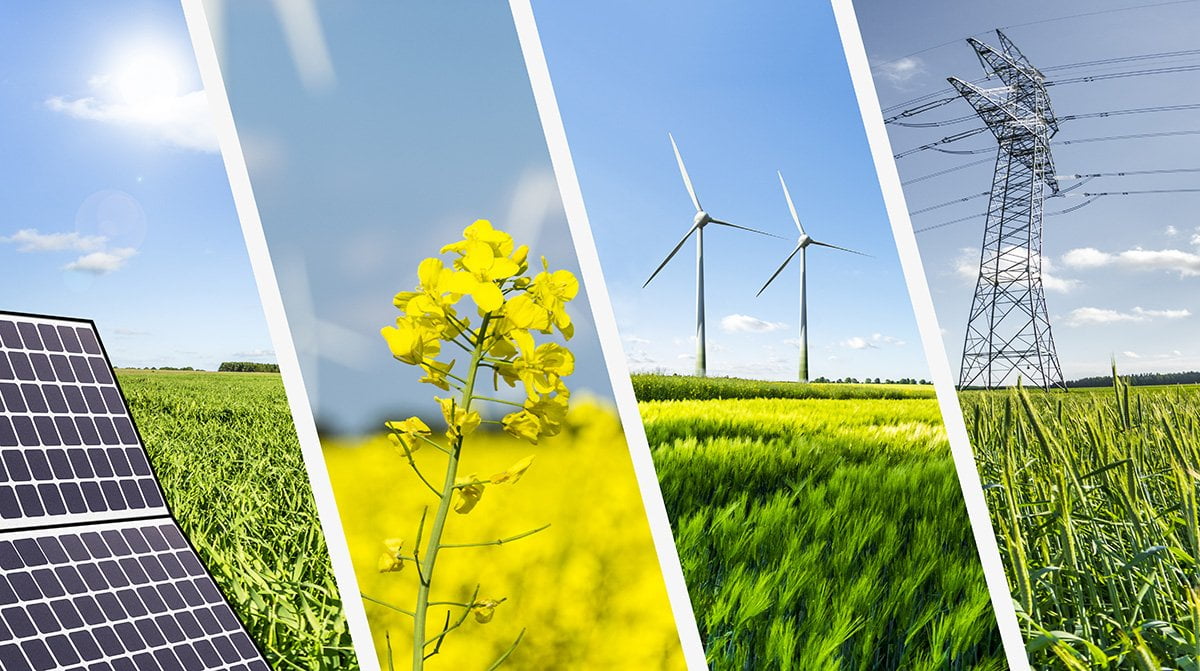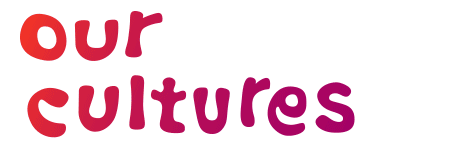
Turning a blind eye towards destructive consequences of our consumerism. Art credit Socha Design
Are you a part of serious unethical banking practices? We have alternatives for you.
5 minutes read
Our report uncovers some of England’s high street banks, you might be a client of, that abuse workers rights, mislead customers and reinforce environmental damages. Furthermore, the banks support conflicts worldwide by financing the arms industry and nuclear weapons to generate profit only.
Does it sound gloomy?
Because it is. However, we have alternatives available to help you to stop being a part of that unfair business and culture.
Information about unethical banks
What products and services we consume and how we consume them has a direct impact on our society. One of the most used services is banking.
By choosing an ethical provider you will make a great deal of contribution towards a better world.
Just by letting the responsible people handle your money and invest in the common good. Or could the story be quite different?
According to the Ethical Consumer’s most recent report on current accounts, which looks in detail at 27 current accounts. They ranked them on a whole range of ethical issues. Environmental reporting, workers’ rights abuse, misleading customers, political involvement, nuclear weapons, conflict worldwide and tax avoidance.
The lowest-scoring companies include all of the big five banks in England. And other banks owned by the same banking groups, which account for 80 per cent of current accounts in the UK:
- Lloyds Bank
- Halifax
- Bank of Scotland
- Barclays
- Santander
- HSBC
- M&S Money
- First Direct
- RBS
- Natwest
- Ulster Bank
Unethical banks report summary
- The five banks Lloyds Bank, Barclays, Santander, HSBC and RBS are the biggest investors in the fossil fuel industry. HSBC growing its investment last year and Barclays investing $3.642 billion in 2017. These investments include arctic mining, tar sands, ultra-deep offshore mining and coal-fired power station construction. HSBC and Barclays take this investment one step further by owning shares in fracking companies.
- HSBC, Lloyds Bank, RBS and Barclays all lend to companies selling arms to Israel, in turn fuelling a growing humanitarian crisis. Once again, HSBC and Barclays own shares in these companies.
- Lloyds Bank made $2,986 million available to nuclear weapon producing companies from January 2014 – October 2017.
- RBS has shareholdings in companies involved in palm oil deforestation. Additionally, have serious workers’ and human rights issues.
- Santander has over 21 subsidiaries in tax havens pointing to unethical tax avoidance strategies.
War on Want released a report in July 2017 on the relationship between UK financial institutions and companies. Such as BAE Systems, Boeing and Lockheed Martin, which sell arms and military equipment to Israel that have been used in the oppression of Palestinians.
According to the report Lloyds TSB:
- Holds shares in the UK arms sector totalling £717.5 million.
- Serves as principal banker to BAE Systems and QinetiQ.
- Has been part of 40 syndicated loans to the arms sector over the last 10 years worth £33.3 billion, including loans to producers of cluster munitions and depleted uranium munitions.
- Lloyds TSB does not mention the arms industry in its Corporate Social Responsibility policy. Therefore, its actions do not breach any stated principles. Yet Lloyds TSB industry’s is the second-largest shareholder among high street banks.
The report also looked at two main forms of support: holding shares in relevant companies and providing loans to them. The loans and investments of financial companies which appear in this guide shown in the table below.

by their investments, unethical banks are fueling conflicts and deaths worldwide
According to Choose Ltd and Wikipedia:
- All of the big five UK banks and banking groups – Barclays, HSBC, Lloyds Banking Group, RBS and Standard Chartered – have been accused of encouraging misselling measures amongst their staff by paying performance-related bonuses. Mis-selling to customers usually means selling them a product, like a packaged bank account with fees, that they didn’t need. For example, in 2013 Lloyds Banking Group was fined £28 million by the Financial Conduct Authority (FCA) for pressuring staff to sell customers products they didn’t need or risk pay cuts and demotion. In June 2015 the Lloyds Banking Group was fined £117m for mishandling payment protection insurance claims including many claims being “unfairly rejected”.
- Tax evasion: In 2009, the BBC’s Panorama alleged that Lloyds TSB Offshore in Jersey, Channel Islands was encouraging wealthy customers to evade tax. An employee of Lloyds was filmed telling a customer how several mechanisms could be used to make their transactions invisible to the UK tax authorities. This action is also in breach of money laundering regulations in Jersey. Lloyds subsequently claimed that this was an isolated incident which they were investigating.
- Retail conduct failings. In December 2013, Lloyds Banking Group had been fined £28m for “serious failings” concerning bonus schemes for sales staff. The Financial Conduct Authority said it was the largest fine that it or the former Financial Services Authority had imposed for retail conduct failings. The bonus scheme pressured staff to hit sales targets or risk being demoted and have their pay cut, the FCA said. Lloyds Bank has accepted the regulator’s findings and apologised to its customers.
Lloyds Bank Foundation (part of unethical banking)
On the website of the Lloyds Bank Foundation, it says “We’re an independent charitable trust funded by the profits of Lloyds Banking Group.”
This makes clear that the money the foundation gets is the money the Lloyds Bank earns from the arms industry and other unethical investments.
Ethical banking alternatives
• Triodos
Is a young European bank, founded in the Netherlands in 1980. It started as an anthroposophical initiative – part of the esoteric movement started by Rudolf Steiner, also behind Steiner Schools and biodynamic agriculture.
Triodos Bank is open and transparent about all its loans, a first amongst banks who offer current accounts. It is the only commercial bank in the UK to provide an annual list of all the loans it has made. Recent reports show that 24 per cent of Triodos’s loans were to renewable energy companies’. Triodos is now in a good position to take over as the main UK ethical bank.
The new current account is based on a new approach for the UK as, instead of levying huge charges for going overdrawn without agreement. Triodos charges a £3 per month flat fee for having the account. You cannot go overdrawn by accident as the payments just don’t go through, but it is possible to arrange an overdraft facility of up to £2,000.
Other ethical banks
According to the Ethical Consumer, banks, such as
- Metro Bank and
- Clydesdale Bank performs well across most ethical categories.
The Co-operative Bank stands out for ethical investment standards. However, they own only 30% of their shares as 70% was bailed out by US hedge funds. Including Anchorage Capital Group, Blue Mountain Capital Management, Cyrus Capital, GoldenTree Asset Management and Silver Point Capital which ethics are in question.

the futre is also in your hands, image from physicsworld.com
